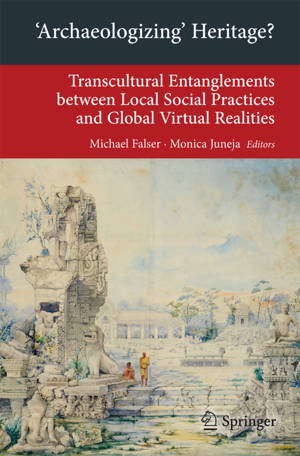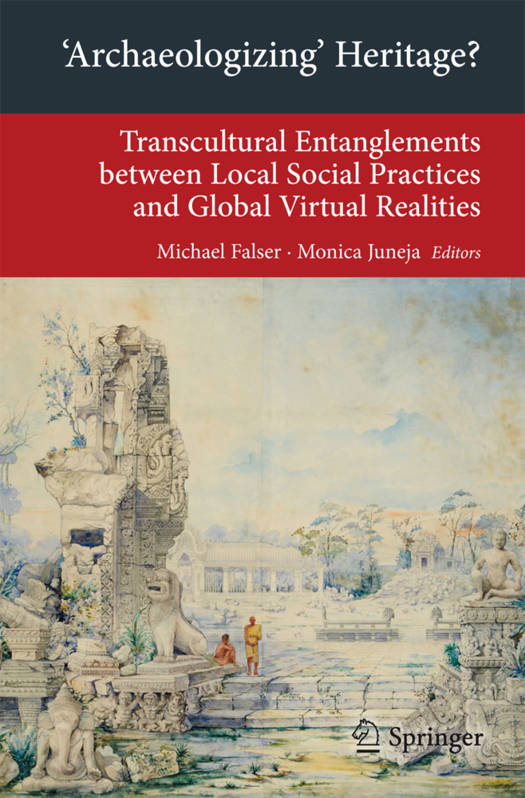
- Retrait gratuit dans votre magasin Club
- 7.000.000 titres dans notre catalogue
- Payer en toute sécurité
- Toujours un magasin près de chez vous
- Retrait gratuit dans votre magasin Club
- 7.000.0000 titres dans notre catalogue
- Payer en toute sécurité
- Toujours un magasin près de chez vous
'Archaeologizing' Heritage?
Transcultural Entanglements Between Local Social Practices and Global Virtual Realities
Description
This book investigates what has constituted notions of "archaeological heritage" from colonial times to the present. It includes case studies of sites in South and Southeast Asia with a special focus on Angkor, Cambodia. The contributions, the subjects of which range from architectural and intellectual history to historic preservation and restoration, evaluate historical processes spanning two centuries which saw the imagination and production of "dead archaeological ruins" by often overlooking living local, social, and ritual forms of usage on site.
Case studies from computational modelling in archaeology discuss a comparable paradigmatic change from a mere simulation of supposedly dead archaeological building material to an increasing appreciation and scientific incorporation of the knowledge of local stakeholders. This book seeks to bring these different approaches from the humanities and engineering sciences into a trans-disciplinary discussion.
Spécifications
Parties prenantes
- Editeur:
Contenu
- Nombre de pages :
- 287
- Langue:
- Anglais
- Collection :
Caractéristiques
- EAN:
- 9783642358692
- Date de parution :
- 11-06-13
- Format:
- Livre broché
- Format numérique:
- Trade paperback (VS)
- Dimensions :
- 157 mm x 234 mm
- Poids :
- 408 g

Les avis
Nous publions uniquement les avis qui respectent les conditions requises. Consultez nos conditions pour les avis.





